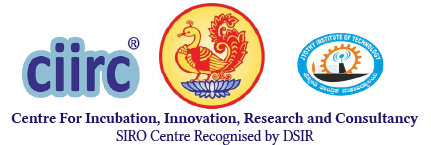Overview
Energy is called the ultimate resource for two reasons: primarily, without energy, all other resources on the planet are unobtainable; secondly, unlike water or carbon, energy cannot itself be re-cycled. Industrialized countries have come to depend heavily on large amounts of energy to support life and it is assumed that it will always be available at affordable prices. Global energy use is slated to increase about 60 % in the next 30 years. At the same time, there is an urgent need to decrease greenhouse gas emissions responsible for acute climate changes. Limited access, increasing price, and geographical uncertainty in the access regions to natural resources (coal, oil, gas, and uranium) make the development and use of sustainable energy sources a global necessity.
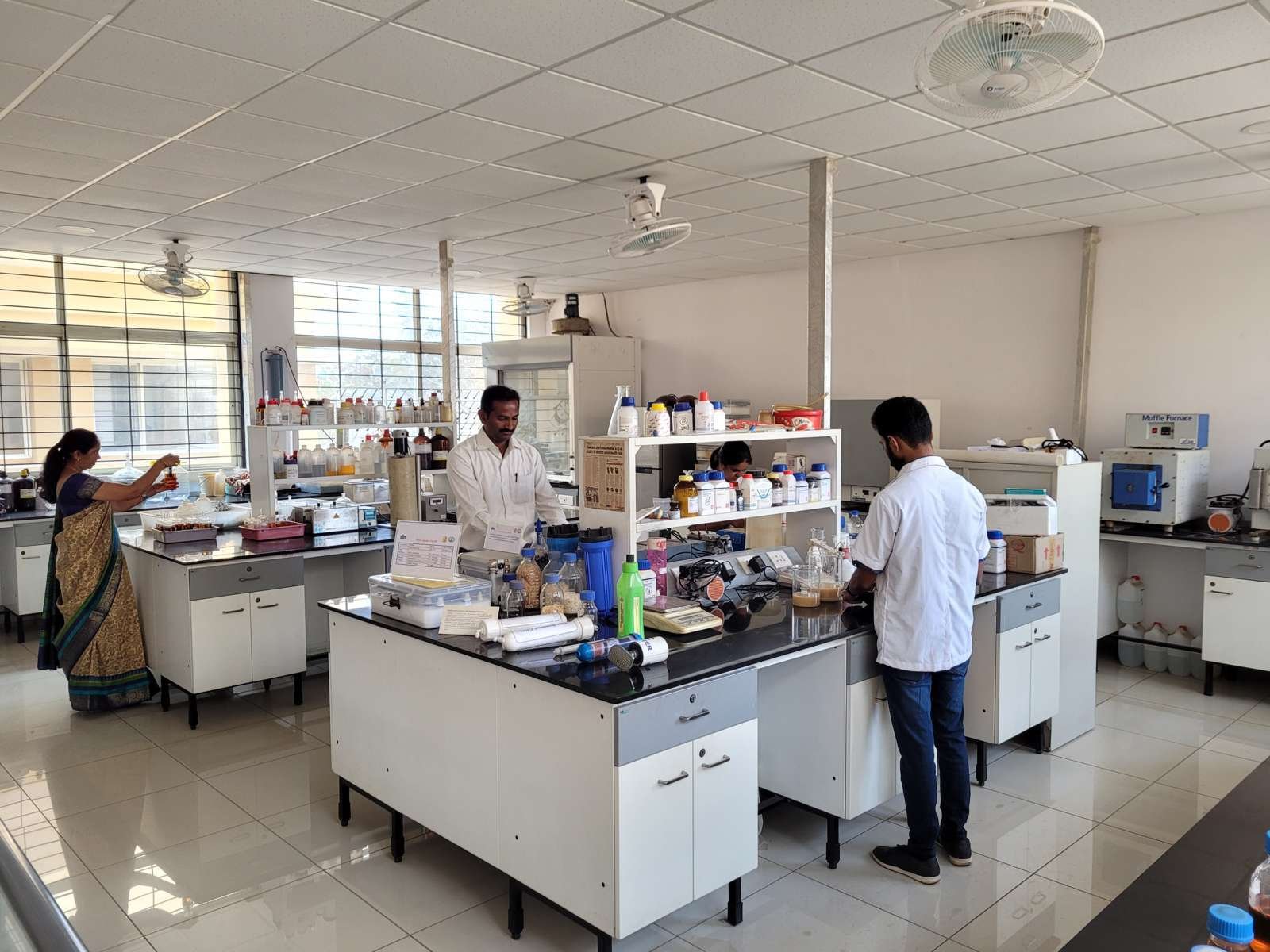
Greener and Cheaper Iron-based Redox Flow Batteries for Energy Storage Applications
In India, the increasing utilization rate of renewable energy is significant from the perspective of the nation’s energy security and economic stability. Availability of renewable energy sources such as wind and solar are intermittent and unpredictable. Therefore, storage of energy, when generated, becomes important. Several energy storage systems (ESS) have been developed. However, most of them have limited capacity, are expensive or use non-renewable sources and use environmentally unfriendly materials and processes. To address this, suitable energy storage devices are crucial.
The energy research team at the Centre has successfully developed an iron electrolyte based Redox Flow Battery (IRFB) funded by DST under its flagship MES Scheme. The team successfully tested a lighting load of 1 kW using the battery and found it had the capacity to power households across rural India demonstrating its societal and environmental impact, besides being a potential competitor for various household and industrial batteries existing in the market. The battery can be promoted as a cost-effective green system considering the materials used for development, electrolyte and the areas of application within the renewable energy sector. The team has filed a patent for the battery. Part of their studies was also published in leading international journals (Elsevier and Springer).
 Developed Iron flow battery with a load of 1 kW
Developed Iron flow battery with a load of 1 kW
The developed IRFB uses cheaper electrolytes developed in-house. These electrolytes can operate at higher temperatures than conventional vanadium electrolytes and are capable of storing 70% more energy. The battery offers low cost of ownership as compared to those using other chemistries, such as lithium-ion batteries. Most of the components were developed indigenously and crucial parameters optimized.
Due to their flexibility, redox flow batteries have excellent potential to be utilized for energy storage. However, they have two drawbacks inhibiting their wide spread use. The first being the frequent use of environmentally dangerous and toxic heavy metal salts, like vanadium dissolved in sulfuric acid and used as electrolyte. The second being the evolution of hydrogen at the cathode that hinders the life cycle of the battery due to varying pH of the electrolyte. To addresses these, the team has added ligands to the iron electrolytes to help avoid pH imbalance of the electrolyte and increase battery life. Also, for the first time, different combinations of carbon/oxide based electro-catalysts have been experimented with to enhance the number of active sites on the surface of the graphite-felt electrode used in IRFBs. Introduction of additional functional groups were found to be effective in overcoming its poor efficiency.
The team has future plans to propose a venture to develop and sell Redox flow batteries to the Indian and global market and help achieve last mile connectivity.
Low Cost Alternative Biofuels
The energy team is also exploring ways to produce low cost alternate renewable, eco-friendly biofuels from unused materials such as nonedible oil seeds, waste cooking oil, silkworm pupae oil and dairy scum. It is seeking potential alternate techniques to current biodiesel production methods to significantly increase production capacity and product quality while reducing cost and reaction time, leading to biodiesel commercialization. Various techniques (ultrasonic and microwave processes) are being explored to produce biodiesel with different feedstock as alternatives to conventional methods. Diesel so produced has been confirmed by thin layer chromatography, Fourier-transform Infrared spectroscopy (FTIR) and Gas Chromatography (GC) techniques. Standardization of biodiesels is done as per ASTM G6751 for their confident usage in existing engines. The performance, emission and combustion characteristics of different methyl esters, also called biodiesels, and their diesel blends in a C.I. engine are also being examined.
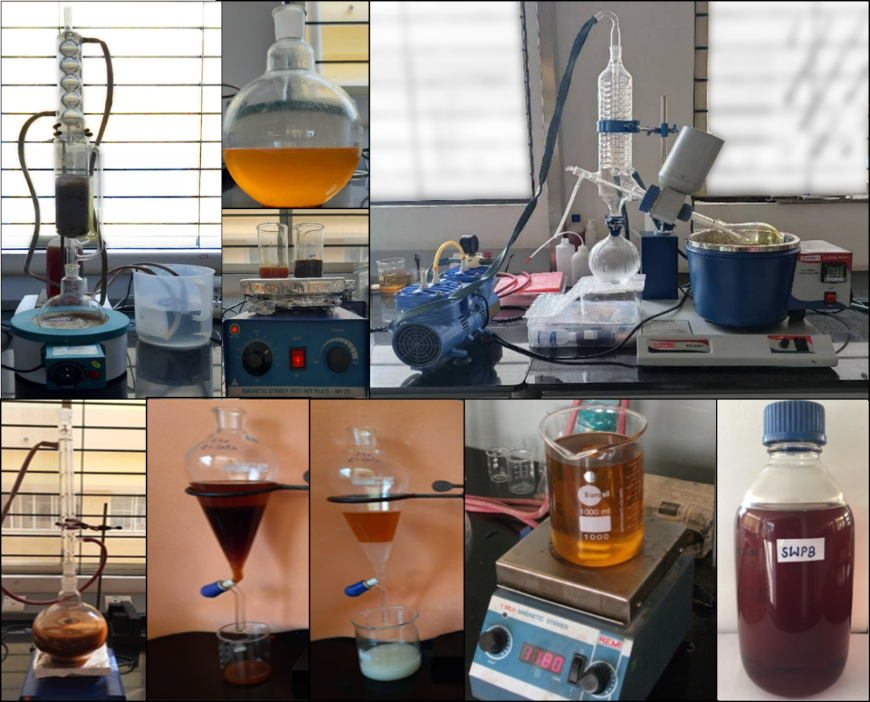
Oil extraction and biodiesel conversion process
Compatibility of Alternative Fuels
Existing fuel infrastructure must be able to accommodate as many of these new fuels as possible to allow highest flexibility in adopting and utilizing renewable, eco-friendly petroleum alternatives. This requires innovative research to prevent adverse consequences in engines, generators, pump sets and other existing fuel infrastructure, and to harness the potential benefits of alternative fuels. In this context, investigation of the compatibility of alternate fuels (different blends with fossil fuels) and their effect on fueling infrastructure materials (metals and nonmetals) is another focus area at the lab. Emulsion inversion point and wettability are determined to understand the impact of biofuels on selected metals. Common methods adopted for measurement of corrosion include mass loss through static immersion tests and electrochemical studies using CH instrument. The effects of flow and dissolved oxygen on metal corrosion are studied using rotating cage method as per ASTM G184 standard. Corrosion rate, reaction kinetics and thermodynamic functions are studied for metal dissolution from temperature study. The change in surface of the materials due to corrosion reaction is analyzed using optical microscopy and SEM, and localized corrosion by laser profilometry. Metal corrosion is studied using Energy Dispersive X Ray Spectroscopy (EDS), X Ray Diffraction (XRD) and X-ray Photoelectron Spectroscopy (XPS) analyses.

Corrosion of metals in methanol blended fuels
Degradation of commercially available fueling infrastructure polymeric materials in various fuel blends is also being investigated. Material degradation is examined by comparing changes in gain/loss of mass, hardness and tensile strength. Chemical structure and functionalities of materials and fuel blends are characterized using the FTIR technique.
Green Soaps
Artisanal soaps are expensive and have now become fashionable. They are produced with fine raw materials and are considered to be of superior quality. Extracted non-edible oils can be used to develop products such as soaps, face packs, face creams, ointments and other cosmetic applications. To meet this need, researchers at the lab also focus on the preparation of good quality, low cost green soap with available nonedible oils.
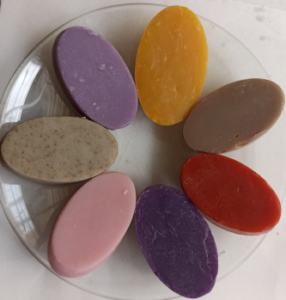
Silkworm pupae oil soaps
- B Muralidhara, et al. “Iron-Based Flow Batteries to Store Renewable Energies.” Environmental Chemistry Letters, 16 (2018), 683-694. IF 9.02
- B Muralidhara, et al. “One-Pot Synthesis of Novel Molybdenum Disulfide–Graphene Oxide Nanoarchitecture: An Impeccable Bifunctional Electrode for the Electrochemical Performance of Iron Redox Flow Batteries and Oxygen Evolution Reaction.” Energy & Fuels 35 (2021) 358345-8357. IF 3.89
- Meenakshi H N, et al. “Metals and fuel system polymers on exposure to Dimethyl Ether: A material compatibility study”, Engineering Failure Analysis, 129 (2021) 105668. IF:3.11
- Meenakshi H N, et al. “Exposure of thermoplastics to methanol-gasoline blends: A material compatibility study”, Journal of Elastomers and Plastics, https://doi.org/10.1177/00952443211058844. IF:1.83
- Meenakshi H N, More S D. (2021) Corrosion Behavior of Brass in Methanol-Gasoline Fuel Blends. Kumaresan G, Shanmugam N S, Dhinakaran V (eds.) Advances in Materials Research. Springer Proceedings in Materials, Vol. 5. Springer, Singapore. https://doi.org/10.1007/978-981-15-8319-3_40
- Editor for the book titled ‘3D Printing Technology and its Diverse Applications’, CRC Press (Taylor and Francis Group), 2021. ISBN Hard: 978-1-77188-978-0
- Bitrode Battery Tester
- Electrochemical Workstation (CH Instruments, USA
- Rotating Cage
- Pulse Plating Rectifiers
- Water Bath
- Ultrasonic Bath
- Muffle Furnace
- Vacuum Oven
- Water Distillation Unit
- Hot air Oven
- Deep Freezer
- Fischer Centrifugation Unit
- Autotitrator (Metrohm)
- Compatibility of fueling infrastructure materials with methanol and gasoline blends (DST)
- Development of low-cost Fe based flow batteries for grid level energy storage (DST)

Muralidhara
H B Muralidhara, Associate Professor at the Centre, has a Master’s and Ph.D. from Kuvempu University and joined IISc as a Post-doctoral fellow. Later, he got into academics and was Head, R&D, Chemistry, at KSIT, VTU, and Center for Emerging Technologies. His research domains are electrochemistry and water purification. His work in electrochemistry includes development of low-cost iron based flow batteries for renewable storage and electrode position on metals/alloys/3D plastics for aerospace, automobile, medical and engineering applications. Research on water purification includes design and characterization of hierarchical nanostructures for removal of heavy metal ions and dyes from contaminated water. He has completed projects funded by VTU and DOS, and is currently working on a DST funded project. He has authored sixty research articles and two books, supervised five Ph.D. scholars and thirty students at PG level. He is associated with projects having societal relevance and industrial/consultancy projects in environment and electrochemistry. He is a recipient of the MRSI Medal, best oral award in conferences, top cited articles award and best reviewer award from Elsevier. His project on IRFB, funded by DST, was listed in its compendium. He is a life member of several professional bodies and a reviewer for reputed publishers like Elsevier, Springer and Taylor and Francis. He has delivered many invited/plenary lectures.
Email Id: muralidhara.hb@ciirc.jyothyit.ac.in

Meenakshi
Meenakshi H N holds a Ph.D. in Chemistry from Avinashlingam University, Coimbatore, for her work in biodiesel compatibility on industrial metals. Being a chemist, she is motivated to research on corrosion of metals and their inhibition, biofuels and compatibility of biofuels with automotive materials. She was a Research Member in DST sponsored research project entitled “Corrosion behavior of few industrial metals in selected biodiesels”. She was a recipient of DST-CURIE fellowship from the Department of Science and Technology – Consolidation of University Research for innovation and excellence. She was also awarded the prestigious Commonwealth Professional Fellowship from the UK Department for International Development to enhance knowledge and skills through specialized training at Robert Gordon University, Aberdeen, UK. She earned the Proficiency prize at the post graduate level at Avinashilingam University, Coimbatore. She has presented several papers at various national and international conferences including OCEANS’17 MTS/IEEE conference, Aberdeen, Scotland, ISSC-21, Manchester, UK. Her research areas include biofuel synthesis, characterization, catalyst preparation and investigation of fuel-material interaction. She has supervised several Ph.D. scholars, graduates and post graduate students. Additionally, she has been successful in obtaining good amount of grants from different sources such as VGST, KSCST, DST etc. to support her R&D activities. She is currently an Assistant Professor at the Centre.
Email Id: meenakshi.hn@ciirc.jyothyit.ac.in
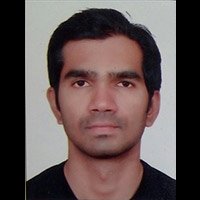
Avinash Narayanaswamy
Avinash Narayanaswamy completed his Bachelor’s in Chemical Engineering from RVCE, Bangalore, and followed it up with two Masters Degrees in the fields of Sustainable Energy Technology, and Environmental and Energy Management from the University of Twente, Netherlands, respectively. His areas of interest include clean fuels and environmental protection. He takes part in eco-friendly trips such as the ones on biodiesel. His first trip using 100% biodiesel was across mainland Europe in 2010 covering ten European countries and followed it up with another trip across five south Indian states also on 100% biodiesel in 2011. He has featured on both print and digital media in Netherlands and India. He has successfully completed two online courses: Climate Change Science and Negotiations from the University of Columbia, New York, and Planetary Boundaries and Human Opportunities from the Stockholm Resilience Centre, Sweden. With close to 8 years of work experience in the field of chemical engineering and bioenergy, his other passions include traveling, wildlife, nature photography, hiking, working for the underprivileged and physically and mentally challenged children, animals in distress and promoting vegetarianism. He is currently working as an Assistant Professor.
Email Id: avinash.n@ciirc.jyothyit.ac.in

Chandrashekar
Chandrashekar holds a Bachelor’s degree in Chemical Engineering along with two PG Diplomas in the domains of Environmental pollution control and Industrial fire safety and currently he is working as a Research Engineer. He has nearly ten years of prior work experience and during these years he has worked with Pharmaceutical, Effluent Treatment (CETP), and Analytical testing companies. The expertise gained over these various domains is being utilized in furthering research in Environmental related projects such as Bio fuels and energy recovery from waste. He has done short term courses on ETA, EHS, Environmental Impact Assessment (EIA), Quality Management System (QMS), and Industrial Safety Engineering.
Email Id: chandrashekhar.r@ciirc.jyothyit.ac.in

Anarghya
Anarghya is a Research Fellow having completed her Master’s in Chemistry from Mangalore University. Her area of research interest includes pulse plating and energy storage devices.
Email Id: anarghya.d@ciirc.jyothyit.ac.in
